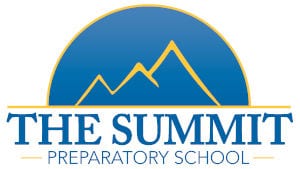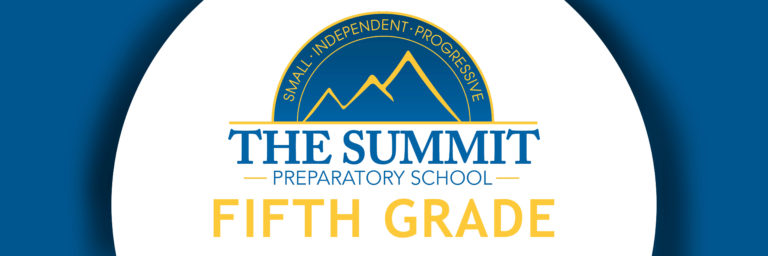5th Grade Classroom Logistics
Contact Information:
Blair Verney, Teacher
Email: bverney@thesummitprep.org
Blog: https://www.thesummitprep.org/5th/
Remind App: Talk to Ms. Verney about signing up for classroom reminders
School Information
The Summit Preparatory School
202 E. Walnut Lawn
Springfield, MO 65807
Phone: (417) 869-8077
Day Overview
Arrival: Students should arrive at school every day dressed in appropriate Summit attire with a backpack, water bottle, computer, charger, and headphones. We will spend the few minutes before class starts checking in, unpacking, and preparing for the day.
Morning Meeting: We will begin every day with a Responsive Classroom style Morning Meeting. This will be a whole group meeting where students will have an opportunity to greet their classmates, share about themselves, and participate in an activity or challenge. Morning Meeting is designed to help foster a sense of community.
Snack: Students may bring a healthy snack with them everyday. We will eat it in the morning around recess time.
Wrap up: We will check in at the end of the day to reflect on our time together. We will make plans for work that needs to be finished at home, pack up our things, and clean our space.
Curriculum Overview
Language Arts:
- Reading
- Whole class – We will begin the year discussing literature in a whole group setting. Here we will focus on analyzing characters, setting, and plot in addition to practicing our discussion skills.
- Small group – We will work towards student-led small group literature meetings, where students will discuss the pieces that they pick to read. Readings will be selected from thematically organized booklists provided by the teacher. We will meet as a whole class to have mini-lessons on analyzing different types of literature and strategies for effective and thought-provoking discussions. We will also periodically discuss how the themes of the books being read compliment each other.
- Students can expect to read and analyze folktales, non-fiction, short stories, novels, and poetry.
- Students will have the opportunity to participate in optional book clubs and activities that involve free reading books of their choice.
- Spelling and Grammar
- Weekly spelling lists will focus on a list of words united by a spelling pattern or Greek/Latin root using the Words Their Way program.
- Each grammar week will focus on aspect of English grammar. We will have weeks focused on parts of speech, punctuation, usage, and formatting.
- Writing
- We will be using the Write Now, Right Now writing curriculum.
- Students can expect to write expository and opinion pieces, fiction, personal narratives, informational pieces, and poetry.
- Students will select writing to enter into the LAD Fair competition in the spring.
Math:
- Whole group learning – New concepts and skills are taught in a whole-group setting.
- Small group learning – Students apply the concepts and skills that they have learned to solve bigger problems and create cross-curricular projects. Students who have mastered skills and concepts are given higher level problems to solve, as well as opportunities to present each other with challenges. Students who need extra help are provided small group instruction and support
- Individual instruction – Students will use IXL online for individual practice. They also receive individualized instruction from the teacher as needed. Students can expect to create projects using skills that they have learned, such as scale diagrams of the layers of the earth and blueprints for a zoo.
- Topics:
- Place value, negative numbers, naming and comparing numbers
- Comparing, adding, subtracting, multiplying, and dividing fractions and decimals
- Geometric shapes, area, and volume
- Coordinate plane and line graphs
Science:
The science curriculum is divided into three major topics, one per trimester. Additionally, smaller units of study are interspersed as appropriate. Throughout, we will be using the scientific method and learning about professions dedicated to these fields of study.
- First trimester – Earth Science: Plate tectonics
- Topics include continental drift, layers of the earth, earthquakes, volcanoes, methods of measuring intensity of seismic activity, and the Ring of Fire. Students explore density, engineering earthquake-resistant buildings, and types of volcanoes. They create models demonstrating how earthquakes and volcanoes occur.
- Second trimester – Physical Science: Magnetism and electricity
- Students learn about the Earth’s magnetic field, magnets and their uses, and electromagnets. They explore methods of producing electricity and transfer of energy, and create electrical circuits.
- Third trimester – Life Science: Classification of Living Things
- Students study the process of classifying plants and animals, speciation, and natural selection. They explore the process of change in species and individuals over time.
Social Studies:
While moving chronologically through time, the social studies curriculum is also divided into three major topics, one per semester. Throughout, we will have lessons on geography and research and citation skills.
- First Trimester- Pre-Columbian America: We begin the year discussing theories of how the first people migrated into the American continents during the Ice Age. We will learn about the cultural regions of Native North Americans and discuss the ways in which geography and resources impact culture.
- Second trimester, we will shift our focus to Europe and Africa in the Age of European Exploration, looking at the impact of these continents on the colonization of North and South America.
- Third trimester, we will compare and contrast the experiences and impacts of the 13 British colonies in North America. We will learn about how the colonial experience led to revolution and a new nation.


